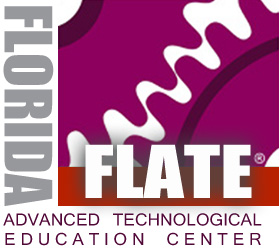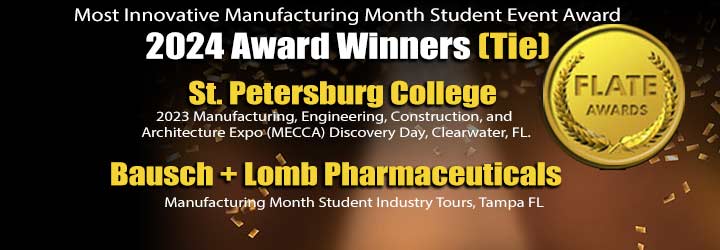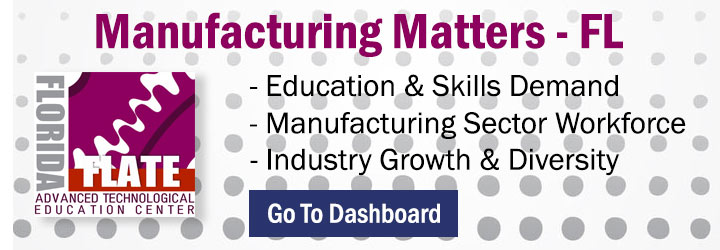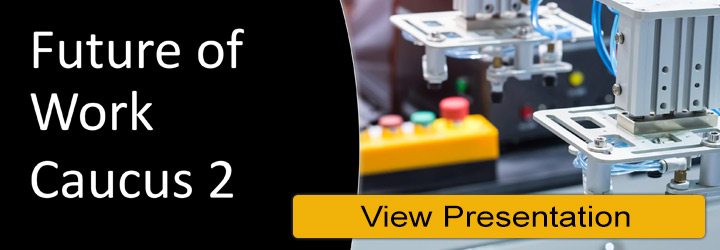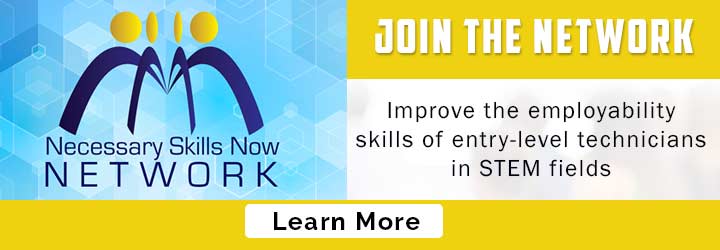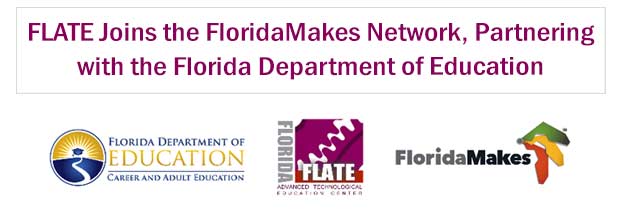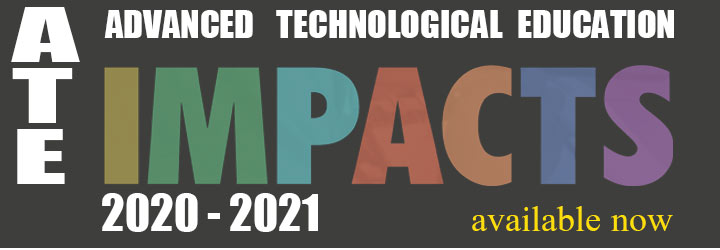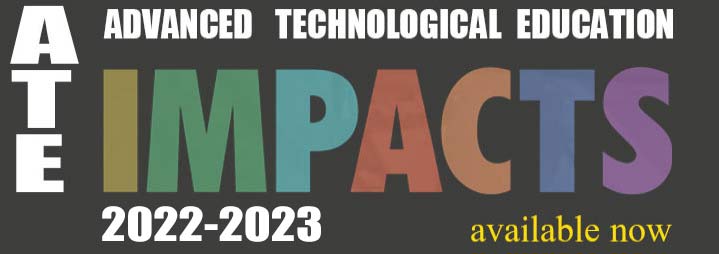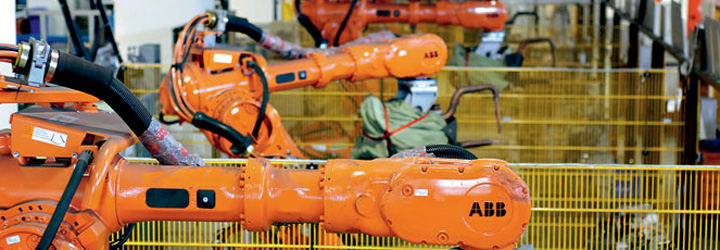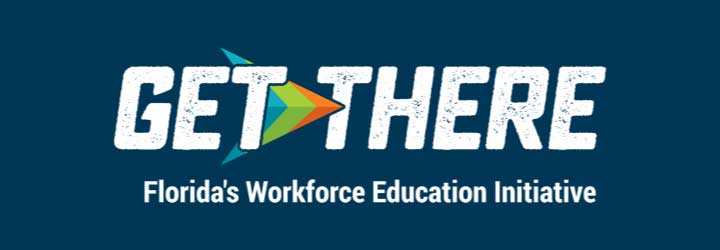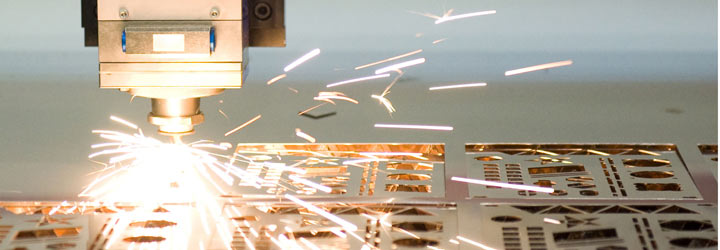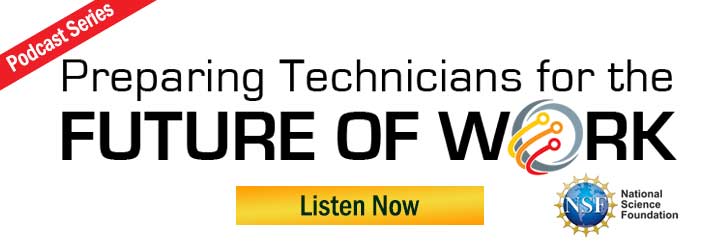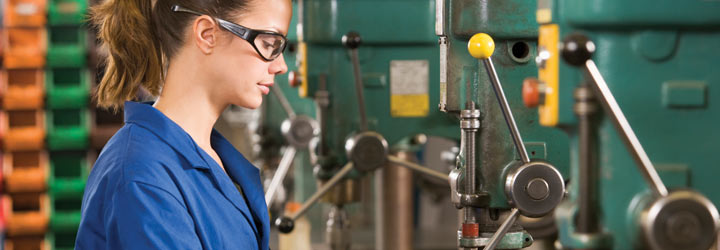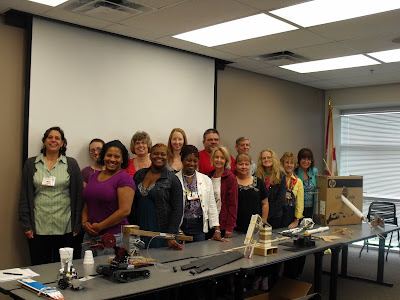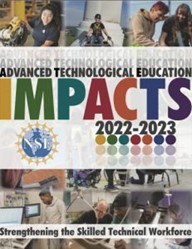Educating the educator about STEM and Robotics
It may sound like preaching to the choir, but have you ever asked math and science teachers if robotics, science, technology, engineering and mathematics can be considered “cool” and “fun”? Well apart from the obvious response, their enthusiasm in not just “learning”, but “doing” science, math and technology is sure to hit a home-run.
Central to the workshop was its emphasis on hands-on learning. Anna Speessen, a math and science teacher at Brooksville Elementary School in Hernando County agrees the first step to empowering students is for teachers to “learn more” about STEM and robotics. Speessen believes “if students are given hands-on experience in robotics they can be confident in using robotics technology and venture in this new direction.”
 During the workshop, participants had access to a plethora of resources that projected a fun and creative side of robotics. As part of an effort to develop learning objects to enhance students’ understanding of STEM-centered curriculum, and to share those resources with other educators, participants also developed a robotic arm that they could program to perform certain tasks. They were also updated on latest technology applications, had access to curriculum challenges and content developed by engineers and curriculum experts, explored links to nanotechnology, and engaged in exercises focused on stimulating and building soft skills needed to operate in the diverse 21st century workplace/classroom.
During the workshop, participants had access to a plethora of resources that projected a fun and creative side of robotics. As part of an effort to develop learning objects to enhance students’ understanding of STEM-centered curriculum, and to share those resources with other educators, participants also developed a robotic arm that they could program to perform certain tasks. They were also updated on latest technology applications, had access to curriculum challenges and content developed by engineers and curriculum experts, explored links to nanotechnology, and engaged in exercises focused on stimulating and building soft skills needed to operate in the diverse 21st century workplace/classroom. In addition to hands-on activities, participants got a taste of “robots in action” through observation of FLATE’s Lego Mindstorms robotics camp. They also toured Valpak’s modern, high-tech manufacturing facility located in St. Petersburg, FL, and witnessed use of robotics technology in everyday manufacturing operations. Donna Burns, a teacher in Lake Wales, FL, was shocked to see how clean and appealing the modern manufacturing environment was for workers. Prior to her visit to Valpak, Burns admits she held the old-school, traditional view of manufacturing as a dirty, grimy profession—one she did not encourage her students to consider as a probable career option. She wasn’t aware of local robotics initiatives in central Florida, and “always thought you had to move to Japan or someplace else to get a closer hands-on experience of robotics.”
Burns is not alone in sharing this misconception. Rachel Burgin, Senate representative for district 56 in Florida who attended FLATE’s robotics camp and the teacher STEM camp, agrees there is cultural misconception that “those interested or have skills in mathematics/science are the ones who need to be doctors, engineers, or accountants”. Burgin states these perceptions are changing the educational climate/direction and is one of the biggest challenges that educators as well as manufacturers currently face. “From that standpoint, I think as a state we have to ensure that all kids have the access and the resources to be able to learn, understand and educate themselves about STEM, and it is our responsibility to instill/change perceptions that math and science is for everyone, not just for certain types of individuals” Burgin said.
Indeed, the STEM workshop served as an effective vehicle in deconstructing some of the myths, and in empowering educators to learn about STEM and robotics. For more information on teacher workshops and/or STEM curriculum and resources visit www.fl-ate.org, or contact Dr. Marilyn Barger at barger@fl-ate.org.
